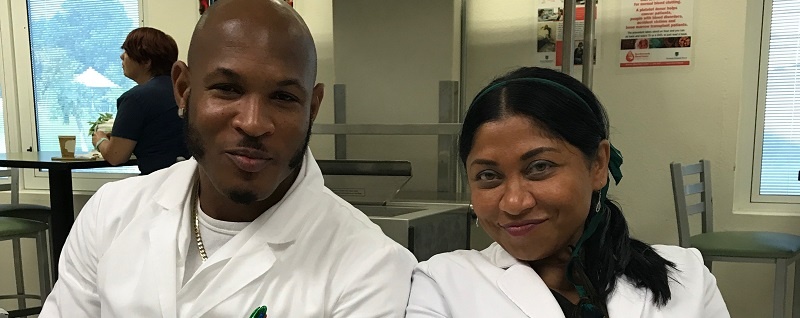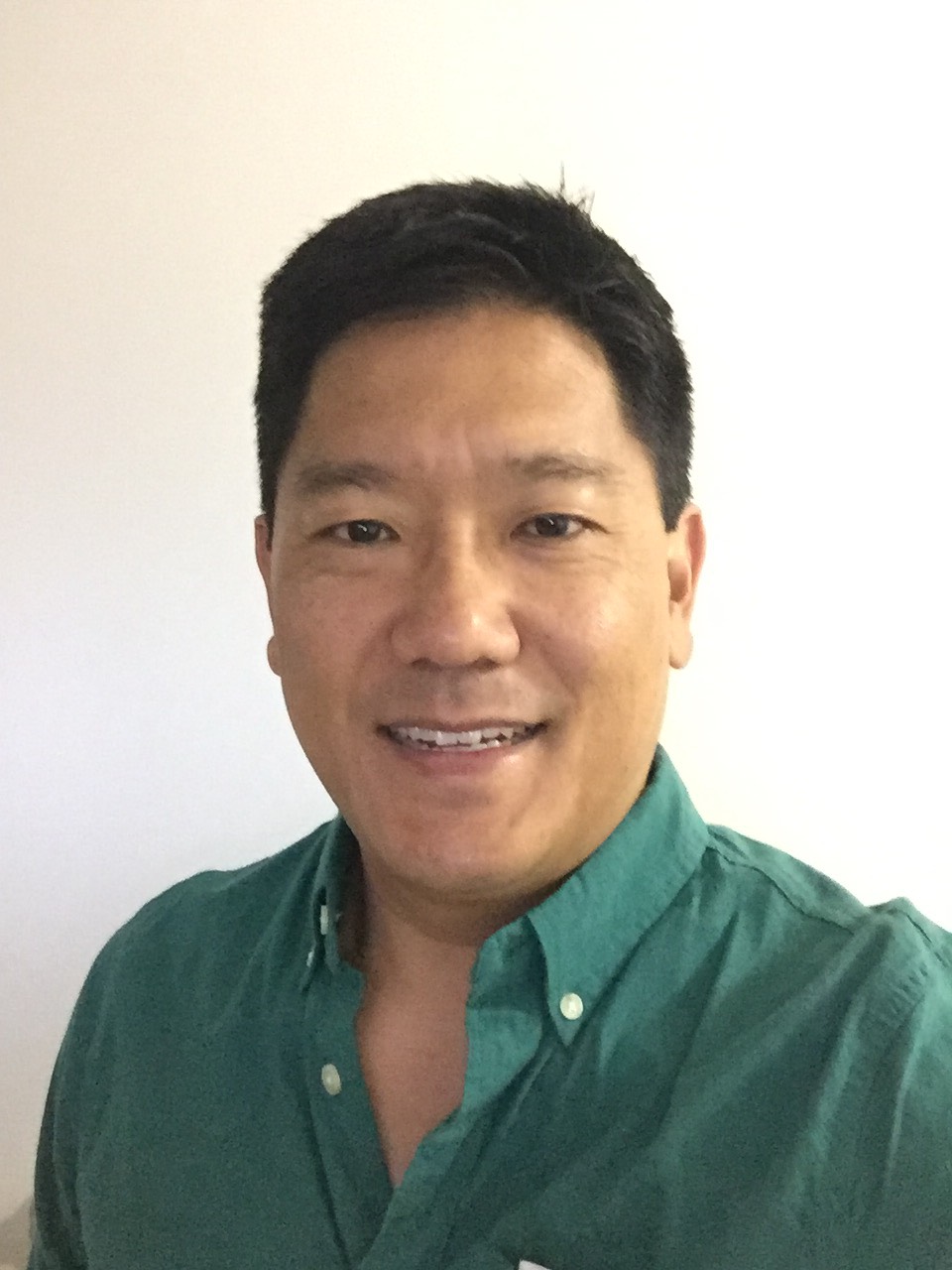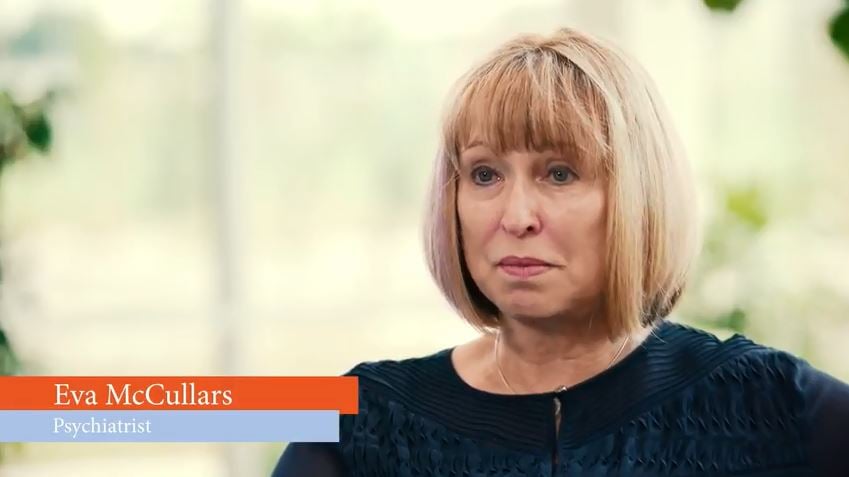Explore the country, contributing your valuable medical skills where they’re most needed — while earning good money. That’s all possible with locum tenens. Right now, we have openings all across the U.S.
Some physicians choose to do locum tenens full-time, in order to gain work/life balance, spend time with family, and choose their own hours. Other physicians take on occasional locums work in order to travel to their bucket list destinations. Isn’t it time that you did something for yourself? Went someplace new? Tried something different?
Why not line up an assignment — and explore while you’re there? Oh, and did we mention the perks? In most cases, we pay for your airline flights, housing, and malpractice insurance. We’ll help you through the licensing and credentialing processes. Plus, wherever you go, you’ll be adding to your CV while helping people where you’re needed and appreciated.
Not sure where to go? Here are the five top states to explore:
- California: Sea to mountains, city to country, and everything in between!
One of our regular locums physicians likes to visit Santa Barbara in order to take on some locum tenens shifts, to see friends, and to enjoy the sights and food. Many other locum tenens doctors choose to take assignments in iconic California, too. And why not? In California, you can explore wine country; walk through Hollywood; and visit Yosemite, the Redwoods, Joshua Tree, Lake Tahoe, and all of the other wild wonders. From city life to remote mountains to beautiful beachside sunsets to all kinds of entertainment, California has variety and splendor for everyone.
Ready to go on your own Californian adventure and get paid for it? Contact us today, as a permanent California license takes about 16 weeks to secure. We’ll help you through it, and typically cover the cost.
- Massachusetts: History, beer, sports, water — and more!
There’s so much to do in Massachusetts, from the famous Massachusetts Whale Trail — which links nearly 40 museums, attractions, whale watching excursions, historic sites, and tours — to the legendary sites in Boston, to a replica of the original Mayflower boat, to the wonders of Cape Cod and Nantucket. And there’s crabbing, clamming, fishing — and so much more! Food, brew pubs, arts, theater, sports, and many activities captivate tourists and locals alike.
Western Massachusetts is beautiful, full of lush green hills in the Berkshires, to the dazzling foliage along the Mohawk Trail, America’s first scenic road drive (and yes, you can hike through the forest there, too). Hike and bike this side of the state — or go on a local food tour via the quant bed-and-breakfasts and spas.
Oh, and who wouldn’t want to enjoy New England’s dazzling colors in fall? And don’t forget the 14,000 acres of active cranberry bogs.
Sound fun? Get started, as generally, licensing takes 16 weeks, so contact us today if you’re interested, and we’ll help you through the process.
- North Carolina: Mountains, valleys, and sea
North Carolina has mountains, valleys, and miles of seashore. Whether you’re looking for an urban retreat, or something off the beaten path for all kinds of recreational adventure (from fishing, hot air ballooning, sky diving, hiking, biking, skiing, golf, rock climbing, and more), you can find it in North Carolina. Visit eclectic cafes and breweries, moonshine distilleries, vineyards, historic landmarks, museums about the Wright brothers and their famous Kitty Hawk and so many other historical eras — and lots more.
As the locals say, “North Carolina has long been associated with sweet tea, NASCAR and the Duke-Chapel Hill basketball rivalry.” All true, but there’s much more too.
Licensing takes about six weeks, so get started with us today.
- Minnesota: They call it ‘Minnesota nice’ for a reason
Minnesota boasts more than 10,000 natural glacial lakes and is perhaps the origins of politeness, with down-to-Earth people who know how to work hard and express their gratitude. If you like nature, water, and water sports (from top-notch fishing lakes to water skiing), then be sure to visit. With so many lakes and rivers, Minnesota has more miles of shoreline than California, Florida, and Hawaii combined.
The Twin Cities (the Minneapolis-St. Paul metro area) features culture galore, including numerous museums, more than 120 theater companies, tons of local music, and good food. With so many parks and green space, you can bike from one side of Minneapolis-St. Paul metro area to the other on bike paths with nary leaving greenspace.
Southwestern Minnesota features prairie land, quiet spaces, and simple, uber affordable living. Northern Minnesota, is the land of lakes and forests, with Duluth acting as the gateway to Lake Superior, which is so big that all the other Great Lakes combined could fit into it, with waves sometimes as tall as 40 feet.
Licensing in Minnesota can take about six weeks, so reach out to us today!
- Michigan: The Great Lake State, industry central, and Motown
From Mackinac Island, where no cars are allowed, to the origins of American industry, to jumping off into adventure on any of the four Great Lakes, Michigan has a lot to offer. Uniquely, no matter where you are in Michigan, you’re always within 85 miles of one of the Great Lakes’ shorelines. The Upper Peninsula is known for rugged living, splendid wildlife, numerous lakes, and nature. It’s a must-see at least once in a lifetime and the perfect spot for any type of outdoor adventure. In the Lower Peninsula, visit museums to see the birthplace of modern industry, explore the roots of Motown, dine on fine or fun food, see live music, and go to festivals, farmers markets, and more.
As the locals say it, “Whether you are an urban adventurer or an outdoor enthusiast, a foodie or a thrill-seeker, traveling with your family or making memories with friends — you are on the brink of planning a vacation so unique, it can only be classified as Pure Michigan.”
Plan around six weeks to get your license. Contact us today!
Get started on your adventure
Ready to explore your own locum tenens adventure? Ready to treat yourself to some travel? Click the button below to browse our current openings, or give us a call at 1.800.760.3174.
Read More



 Back
Back









